Building Resilient Food Systems During COVID-19 and Beyond
Dismantling and Rebuilding the Food System after COVID-19: The 5Ds of Redistribution
Some groups feel the brunt of harms in the food system caused by shocks like COVID-19 more than others. Food systems also concentrate power and resources. How might redistribution of risks and benefits play a role in building resilient food systems? Join experts Dr. Charlotte Coté, University of Washington, Dr. Ernesto Méndez, The University of Vermont, Dr. Sieglinde Snapp, Michigan State University, Dr. Mary Hendrickson, University of Missouri, and Dr. Neva Hassanein, University of Montana in discussing redistributive policy tools towards the “5D of Redistribution”: Decolonization, Decarbonization, Diversification, Democratization, and Decommodification.
About the Presenters
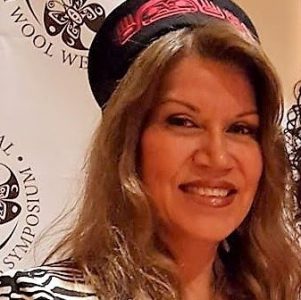
Dr. Charlotte Coté
Dr. Charlotte Coté, (Tseshaht/Nuu-chah-nulth) is an associate professor in the Department of American Indian Studies at the University of Washington. She is the author of the book, Spirits of Our Whaling Ancestors. Revitalizing Makah and Nuu-chah-nulth Traditions. Her other publications include, “Indigenizing” Food Sovereignty: Revitalizing Indigenous Food Practices and Ecological Knowledges in Canada and the U.S.,” and “Food Sovereignty, Food Hegemony, and the Revitalization of Indigenous Whaling Practices.” Her current book (in Press) focuses on the revitalization of Northwest Coast Indigenous foodways. Dr. Coté is founder/chair of the UW’s annual “Living Breath of wǝɫǝbʔaltxʷ” Indigenous Foods Symposium
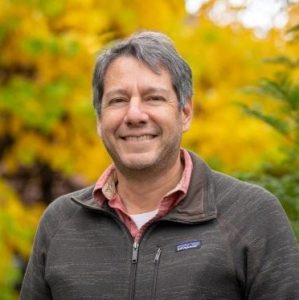
Dr. Ernesto Méndez
Dr. Ernesto Méndez is a Professor of Agroecology and Environmental Studies at the University of Vermont, where he co-directs the Agroecology and Livelihoods Collaborative (ALC). His research and teaching focus on agroecology, agrifood systems, participatory action research (PAR), and transdisciplinary research approaches. He has over 25 years of experience working with smallholder farmers and Indigenous communities in Latin America and collaborating in agroecology efforts across the world. He has authored or co-authored over 50 peer-reviewed articles and chapters, as well as edited three books. Ernesto was born and raised in El Salvador and maintains deep connections with his Central American roots.
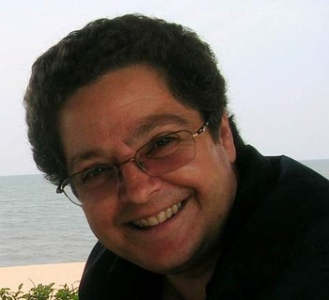
Dr. Sieglinde Snapp
Dr. Sieglinde Snapp (she/they) is a Professor of Soils and Cropping Systems Ecology in the Department of Plant, Soil and Microbial Sciences and Associate Director of the Center for Global Change and Earth Observations. She founded the Global Change Learning Lab in Sub-Saharan Africa. Sieg Snapp’s research interests include agricultural systems, sustainable crop management, integrated nutrient management, and soil health. A key focus in her lab is harnessing biology through cover crops, and diversity to enhance carbon sequestration, nitrogen fixation, and phosphorus cycling. She investigates the ecologically sound design of agriculture through multidisciplinary approaches, long-term field experimentation, participatory action research and systems modelling.
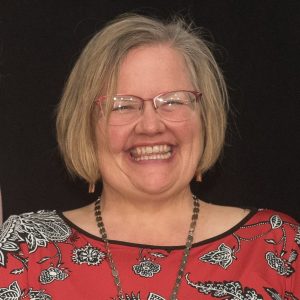
Dr. Mary Hendrickson
Dr. Mary Hendrickson is an Associate Professor in the Division of Applied Social Sciences at the University of Missouri. She is a rural sociologist whose passion is making the world a better place through food. She studies the way food production and consumption have changed over the past few decades, and how farmers, eaters and communities can create more sustainable food systems. She teaches sustainable food and farming courses at MU, and was a Fulbright Scholar to Iceland, teaching sustainable agriculture. From 1997-2012, she worked to create local food systems in Missouri as an extension sociologist, gaining valuable on the ground experience in transforming food systems.
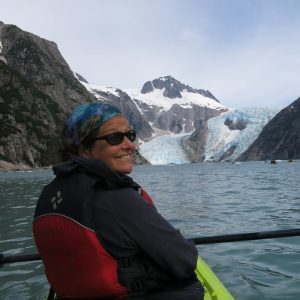
Dr. Neva Hassanein
Dr. Neva Hassanein is a Professor of Environmental Studies at the University of Montana. An engaged scholar, she and her students help strengthen Montana’s food system through community-based research projects and active partnerships. Hassanein’s recent scholarship develops the concept of “food democracy,” the idea that people can and should meaningfully participate in shaping the food system, rather than remain passive consumers on the sidelines. Her work has explored various issues, such as farmland loss, regional markets, pesticides, the US organic program, and biotechnology. Active beyond the academy, Hassanein is currently serving her fifth year on the Missoula City-County Consolidated Planning Board.
The Building Resilient Food Systems During COVID-19 and Beyond series is brought to you by the Centre for Sustainable Food Systems (CSFS), the BC Food Web, the Faculty of Land and Food Systems (LFS), and the Royal Bank of Canada. This webinar series aims to address fundamental questions about our food systems during this pandemic.
This webinar discussion is based on a concept note by the Working Group on Redistribution for Food Systems Transformation (Dana James, Evan Bowness, Tabitha Robin, Angela McIntyre, Annette Desmarais, Colin Dring, and Hannah Wittman). The Working Group is supported by the Peter Wall Institute for Advanced Studies.




